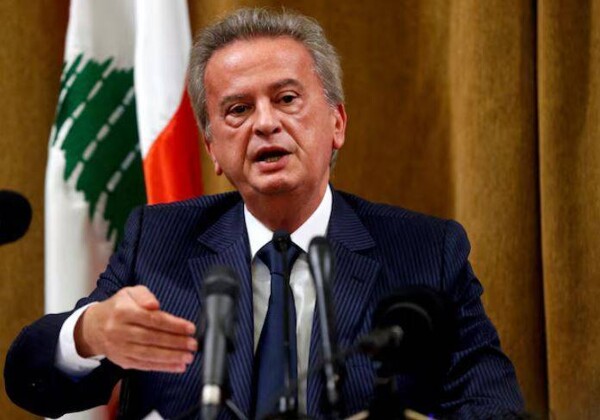
The current situation in Germany is related to the recession over the last two years and zero growth this year. The overall GDP of the country at present is the same as it was five years ago, before the onset of the coronavirus pandemic. Political parties in the country are faced with the necessity of introducing changes in economic and defense expenditures. Parties from the far right to the far left express their position on this matter.
Control over defense spending is a constitutional principle, and any changes in this area require a three-fourths majority in parliament. Two parties, leading negotiations on the formation of a new government, have a majority of more than three seats in parliament, which allows them to block changes in their favor.
Friedrich Merz, who won the elections on February 23, is considering options for stimulating the economy, also proposing an increase in military spending to a level corresponding to NATO standards. Times have changed, and Europe needs to work on its defense, especially considering the instability in the global political landscape.
As a result, Germany may resume its military efforts to ensure stability in the region. The proposed changes in managing defense spending allow the country to invest in infrastructure development, which also contributes to overall economic growth. At the moment, Germany spends only 2% of its GDP on defense, making it vulnerable under current security conditions.














